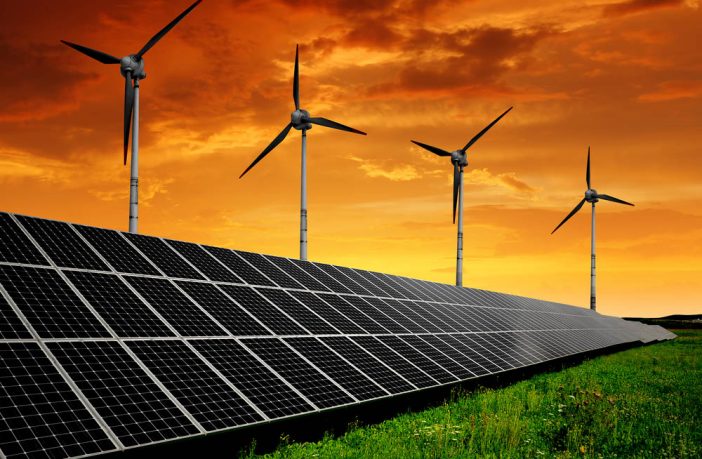- Draft amendments to the Electricity Regulations Act on New Generation Capacity were published by Mineral Resources and Energy Minister Mantashe for public comment, in May this year.
- In a nutshell, the amendments are meant to pave the way for municipalities, with good financial standing, to be able to either develop or obtain their own power-generation capacity from Independent Power Producers (IPPs).
At this point in time, the country has only a handful of financially sound municipalities, so although the current uptake may be greatly restricted, this decentralized way of procuring power is most certainly a game changer. Municipalities will furthermore be expected to align with the Integrated Resource Plan (IRP); comply with the Municipal Finance Management Act and the Municipal Systems Act; and align with the individual municipality’s Integrated Development Plan.
Although these amendments, which theoretically should be swift and painless to implement, seem like a great move, the regulations have attracted numerous comments from energy experts, to the effect that the guidelines do not go far enough in unfettering the procurement of power from IPPs by municipalities.
The City of Cape Town (CoCT), which is one of the few municipalities in the black, is calling for a nationally coordinated renewable energy procurement programme through which municipalities can procure renewable power from IPPs.
The CoCT has been fighting for the right to choose their own electricity suppliers, since 2017, when it filed its case with the High Court. The most recent ruling, 11 August 2020, is that the City needs to first exhaust negotiations with the government on the matter, putting the decision back in the hands of Minister Mantashe and his Department.
Related news: Only 18 out of 257 municipalities achieved clean audits in 2019
“We still have several emerging questions that need to be addressed as the regulatory environment becomes more conducive for municipalities to procure power directly from IPPs. For once, we’d like to see a more favourable regulatory environment for the municipal sector in order to be an effective off-taker of renewable power,” explained Ntombifuthi Ntuli, CEO of the South African Wind Energy Association (SAWEA).
Speaking specifically in relation to the role of the Wind energy sector, in the distributed generation space, experts show that distributed generation wind energy projects could be viable at a minimum size of 10 MW with a Power Purchase Agreement (PPA) length of 15 to 20 years.
“This works even better if the smaller projects are built alongside other big projects and source turbines simultaneously, to minimise costs. The opportunity for IPPs to pair up smaller and bigger wind projects, will be easier once the Renewable Energy Independent Power Producer Procurement Programmes (REI4P) get underway again,” added Ntuli.
Related news: New draft energy regulations fall short of municipality needs
There are various ways that IPPs can transact with municipalities with the idea of selling power that will need to be explored. The first option is for IPPs to be selling directly to municipalities, in which case the consumer could connect directly to the municipality. The second option is that IPPs could be the municipalities’ virtual supplier from another point on the Eskom network. And thirdly, IPPs could transact inside the municipalities through wheeling to customers that are on the municipal system, where the municipality becomes the carrier and not the direct off-taker. Any of these off-take arrangements could work, particularly if NERSA allows municipalities to establish a wheeling tariff.
A number of industry stakeholders would like to see the Public Private Partnership procurement process expedited and supported by the IPP Office. “In this way the municipality then becomes the client of the Department of Energy, with support provided to the IPP and the municipality, to help them govern the contract, which will reduce risk of failure,” concluded Ntuli.
Author: Bryan Groenendaal
Source: SAWEA











